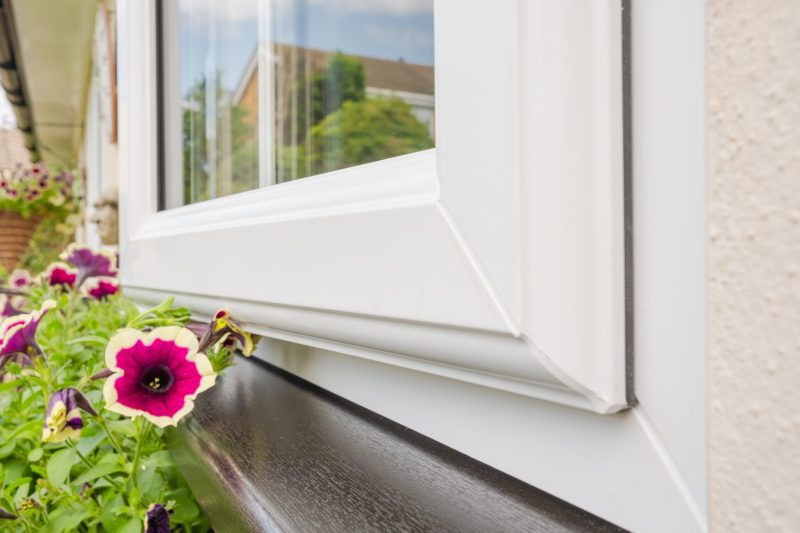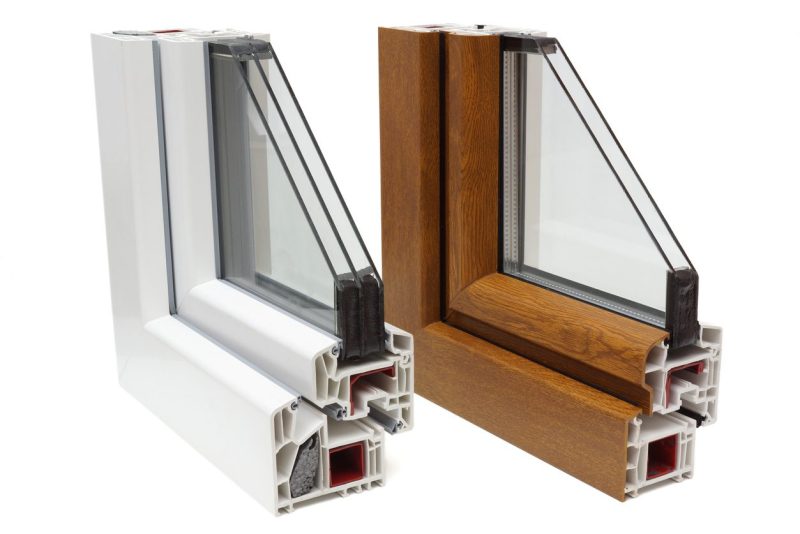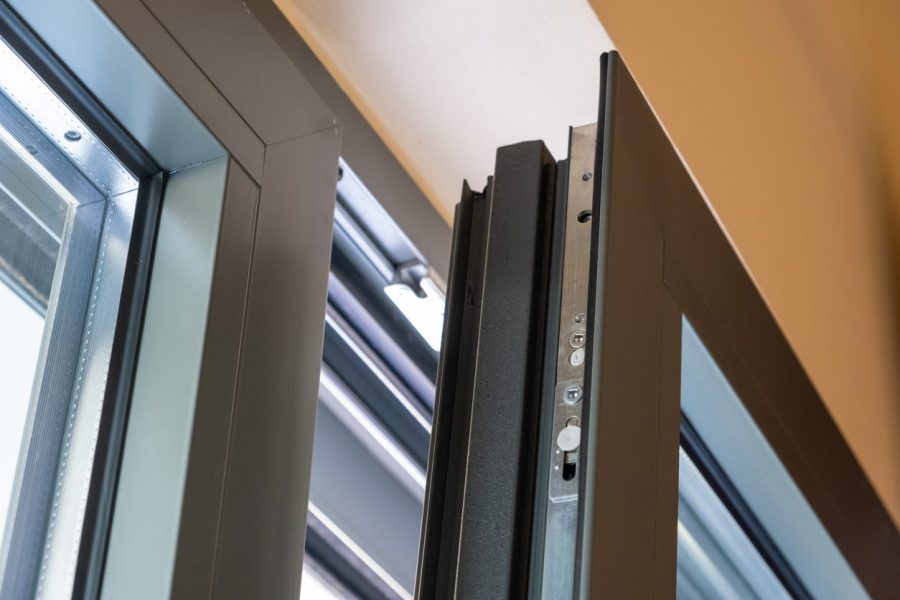Double glazing is made up of two glass window panes that have a vacuum or an inert gas-filled area in between the window panes. It is typically used in windows and doors to help contain the transmission of heat in a particular part of a building and prevent heat from escaping. There might be some challenges involved, but double glazing is certainly resealable and replaceable.
The sealed glass sheets used in double glazing normally have a range of thickness from 3mm to 10mm. In other specific circumstances like acoustic attenuation and security, the thickness can go over 10mm. Tempered and laminated types of glass can also be useful during the double glazing process. Both glass window panes need to have the same measurements of thickness.

There are several factors to take into account when attempting to achieve the full potential of double glazing. These factors will influence the life expectancy of the double glazing:
- The quality of the materials used
- The distance between the two panes (inner and outer)
- The change in temperature
- The direction of the double glazing
- Skilfulness
- Geographical location
- Area of installation
- The insulating glass units
If each of the above factors is accurately measured and included, the double glazing can last up to 10 or 20 years. However, it is possible for the double glazing to become damaged for one reason or another. Fortunately, this will be resealable in the majority of cases. Some of the main problems that could impact your double glazing are:
- Thermal stress cracking
- Excessive condensation/saturation
- A wide range of differences in temperature between the outer and inner panes
- Adjustable sealing surfaces
- Rough changes in atmospheric condition
- Poor installation
- Decomposition caused by chemically abrasive cleaning agents
Can you reseal double glazing?
When your double glazing window panes have issues, you can either reseal or replace the sealed sheets of glass. In some cases, the decision on whether to reseal or replace the double glazing will depend on the type of glass and the extent of the damage. However, keep in mind that any double glazing seal repairs need extremely cautious procedures. There are two different ways of installing double glazed windows, detachable and permanent double glazing. Firstly though, you should be aware of the tools you need to reseal double glazing:
- Caulk gun
- Hammer
- Paint
- Paintbrush
- Pliers
- Putty knife
- Scrap wood
- Screwdriver
- Silicone caulking
- Utility knife
Detachable double glazed windows
With this method, you need to remove the window sash from its frame. You can also take the approach of taking the sash out of the grain by subduing the top corners of the double glazed windows sash. Turn the sash as you pull it out of the window casing, so it releases from the springs that hold the band up when the window is open.
When trying to unscrew the sash, be sure to ask someone to hold the windows up for you. Removable window panes normally need nails or pins to install them, therefore the nails or pins can be taken out at any time. In the case of the pins, use pliers, and with the nails, use a hammer.
Take care to avoid damaging the whole sash when getting it out. Remove the screws that are holding each window’s framework together on each of the corners. Release the screws from the edge askew to the first and carry on until the last one is removed. Keep the screws in a safe place until needed.
Force the window sash away from the glass in the window. To avoid damage, put some scrap wood against the band casing and gently tap it with a sledge to release it from the glass. After this, take the previous covering to a glass shop to buy another one. Glide the new gasket around the border of the window glass. Connect the two areas of the window sash with screws to put them back in their previous location around the window gaskets. Use the silicone caulking at the edges of the sash to reseal the gasket to the sash.
Permanent double glazed windows
For permanent double glazed windows, first, clear all gasket residuals in the window with a utility knife or putty knife. Make sure you have someone there to hold the glass while you are in the process of removing it, the extra help will reduce the risk of hazards. Drop some silicone caulking near the glass frame for resealing your double glazed windows.
Take the gasket from the exterior side of the glass. Then add silicone caulking to reseal the exterior as well. Use the paint to ensure the repaired double glazing seals look like they were newly installed. It is important to remember that you are dealing with glass, and you need to be extremely careful not to break it. Also, there is a chance that there will be moisture between the two window panes which naturally occurs in hot weather. Therefore, if both window panes are damp, it is advised that you change the glass and gasket.
There is a possibility that damaged double glazing can undergo resealing. However, it is recommended that the reseal of the window panes is carried out by the original installers which is why receipts and key pieces of information are essential and should be kept. Whilst double glazing seals can be repaired, it is preferable to replace them.
What are the advantages of double glazing?
Double glazing seals have come a long way in demonstrating their usefulness. There are a range of benefits to double glazed windows, some of which include:
- They offer security as they are not as easy to break into as single pane windows.
- They protect indoor belongings like furniture, paintings, etc, because of the minor penetration of sun and heat due to the double glazing.
- The installation of double glazed windows leads to an impenetrable construction that helps with thermal insulation.
- Thanks to the additional thermal insulation, the home demands less energy to heat up each room which means you will save money on your heating bills.
- It provides a source for sound insulation as it creates a boundary to sounds between the property and its surroundings.

Are there any disadvantages to double glazing?
Despite there being many benefits to having double glazed windows, there are a few disadvantages too. Some of their flaws are:
- Double glazed windows trap heat between both sealed sheets of glass. This trapped heat can make a room feel stuffy or stifling.
- If you want your home to have an older fashioned and traditional look, double glazing might not be the right choice. A lot of double glazed windows boast modern designs to fit with contemporary buildings.
What is the warranty on your windows?
All windows that you purchase should have a warranty period. Window replacement companies typically have an avenue where questions about bordering on your warranty period can be discussed and answered, for instance, a toll-free number that can be displayed on the window. Warranties are extremely important and as such customers should make sure they check for warranties on their windows.
However, it is worth noting that warranties are limited, and most won’t cover problems relating to general wear and tear, misuse or mishandling, wrong installation, repair, or modification carried out by the customer or any other individual apart from the staff of the window company. Warranties would only be applicable in situations where company defaults are found on the window, and the company would then provide a replacement free of charge.
It is strongly advised that you carefully research before deciding on a new window company. A company that provides a good warranty will have its information clearly conveyed on the website as well as access to reviews. At Clydebuilt Home Improvements, we can provide the highest quality double glazed windows in a wide selection of styles and designs across the Scotland area at competitive prices. Contact us today to find out more about what we can offer you and request a free quote.
What are the variations?
Double glazing serves a range of purposes and has its benefits. It helps to lower energy bills by insulating the property better, thus leaving the house warmer. However, double glazing may not be the best solution for everyone for specific reasons like the property being situated in a conservation area, or the building backs onto the main road.
If your property falls under one of these categories, an ideal alternative to double glazing is secondary glazing. Secondary glazing involves putting a single layer of glazing over an existing window pane, enhancing the thermal and sound insulation of the building. Secondary glazing can serve as a useful reinforcement against the heat and cold.
Other benefits of secondary glazing include low-cost installation, it won’t risk any damage to the property, it is an effective heat insulator, and it does not need any form of planning permission to be fitted. The sound insulation also means noise is kept out, which is especially beneficial for buildings in busy cities that are surrounded by a lot of traffic.
Overall, while you can reseal double glazed windows, in many cases it is better to simply replace them.
 " alt="Can I Reseal Double Glazed Windows?">
" alt="Can I Reseal Double Glazed Windows?">